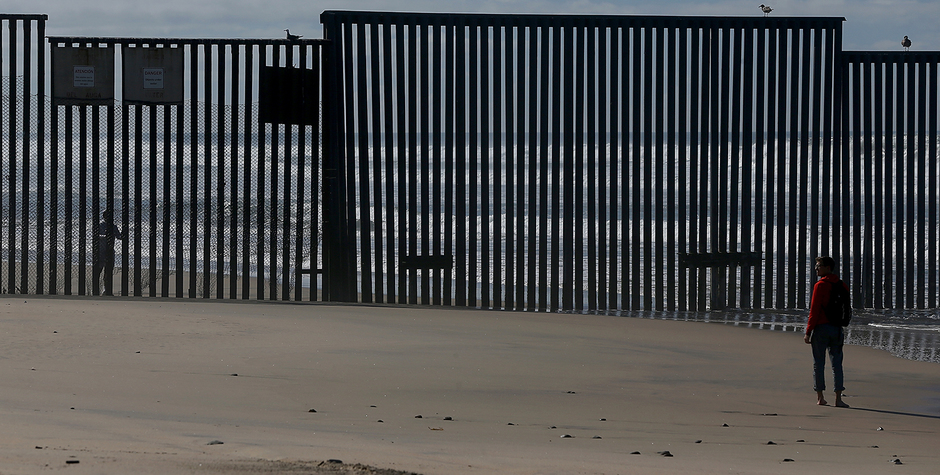Divided Fourth Circuit Hears Oral Argument in Executive Order Appeal
Yesterday, the full United States Court of Appeals for the Fourth Circuit—all thirteen active appellate judges—heard oral argument in the appeal of the Maryland federal trial judge’s injunction that halts the enforcement of the President’s revised Executive Order that protects our country from foreign terrorists. Full court (otherwise known as en banc) consideration is rare and underscores the importance of this case.
The Executive Order temporarily pauses entry into the United States of refugees and nationals of six unstable and/or terrorism-infested countries, which were designated as such by the Obama Administration. The clear purpose of the Executive Order is to allow time for needed improvements to the immigration and refugee screening processes. The six countries of particular concern are Iran, Libya, Somalia, Sudan, Syria, and Yemen.
The questioning from the Fourth Circuit judges was divided. Some judges pressed the government about supposed anti-Muslim comments made by then-candidate Trump and what steps the government has taken thus far with regard to enhanced vetting standards. Other judges questioned whether one of the plaintiffs in this case had standing to sue and highlighted the President’s broad statutory and constitutional authority over national security and immigration.
The judges were mainly concerned with how the court should decide the case: should the judges review just the face of the Executive Order and its stated purpose to protect our national security, or should they consider campaign comments made by President Trump or his advisors which the trial court had concluded evidenced a “Muslim ban”?
The answer to these questions was the focus of the amicus curiae (“friend-of-the-court”) brief the American Center for Law and Justice (“ACLJ”) filed in the Fourth Circuit in support of the Executive Order. The brief was joined by over 205,000 members of the ACLJ’s Committee to Defend Our National Security from Terror.
The ACLJ’s brief explained that President Trump has broad power to exclude aliens from this country on the basis of facially legitimate reasons. Here, those reasons deal with national security and protecting our country from foreign terrorists. When the Supreme Court has considered constitutional challenges to immigration-related actions of this sort, it has declined to subject those actions to the same level of scrutiny applied to non-immigration-related actions. Deference is generally given to the President’s broad power over our national security given the sensitive and discretionary nature of the subject.
The ACLJ’s brief also explains that the Fourth Circuit should not go beyond the Executive Order’s obvious secular purpose or focus on miscellaneous comments made by then-candidate Trump, or by his advisors, as urged by those challenging the Executive Order. The mere suggestion of a possible religious or anti-religious motive, mined from past comments of a political candidate or his supporters while said on the campaign trial as private citizens, is not enough to doom government action. The Supreme Court has explained that all that is needed to establish the constitutionality of a government action is that it have a secular purpose and was not motivated wholly by religious considerations. The revised Executive Order clearly serves a genuine secular purpose—protecting our national security—and is not motivated by any anti-religious considerations.
In addition to the Fourth Circuit, the United States Court of Appeals for the Ninth Circuit will be considering a separate injunction, entered by a Hawaii federal judge, against the same Executive Order. The Ninth Circuit will hear oral argument in that case next week. The ACLJ filed an amicus curiae brief supporting the Executive Order in the Ninth Circuit, too.
Decisions from both the Fourth and Ninth Circuits are expected in the coming weeks.
The ACLJ will continue to keep you posted on these two important cases, along with our other efforts to defend the national security of our country.
